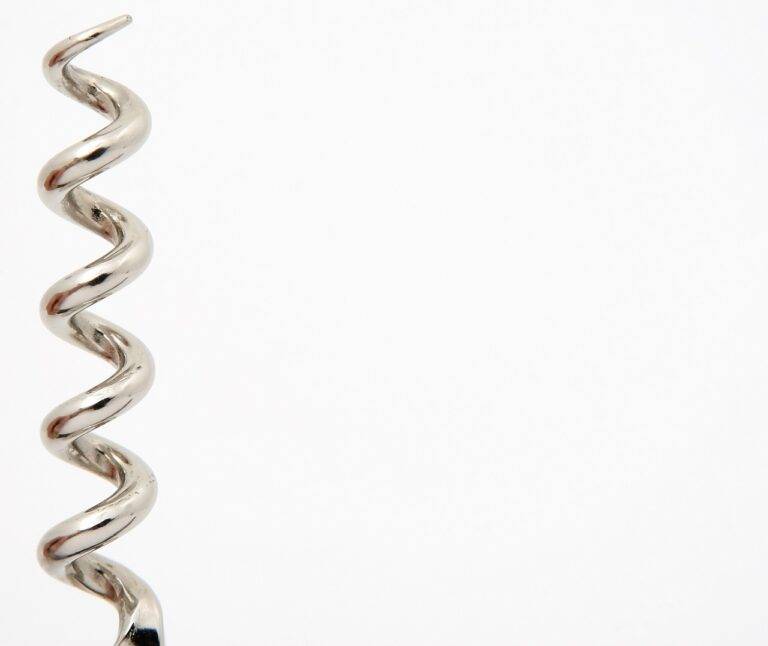How to Choose Energy-Efficient Water Heating Systems for Your Home: Hot Water Savings
Water heating systems rely on various energy sources to provide hot water for residential or commercial use. One common source is electricity, which powers electric water heaters through heating elements. These elements heat the water directly, making electric water heaters efficient and easy to install.
Another popular energy source for water heating is natural gas. Gas water heaters use a burner to heat the water in the tank, providing a continuous supply of hot water. Natural gas is often chosen for its affordability and quick heating capabilities, making it a preferred option for many households.
Size and Capacity of the Water Heater
When choosing a water heater for your home, determining the size and capacity is crucial to ensure efficient hot water supply. The size of a water heater is typically measured in gallons, with smaller units ranging from 20 to 40 gallons suitable for apartments or single individuals. In contrast, larger households may benefit from water heaters with capacities exceeding 50 gallons to meet the increased demand for hot water.
Moreover, the capacity of a water heater is directly related to its ability to provide hot water at a consistent flow rate. It is essential to consider the number of occupants in your home and their hot water usage habits when selecting the appropriate capacity for your water heater. A higher capacity unit will be able to accommodate multiple showers, laundry loads, and other hot water needs simultaneously, making it a practical choice for larger families.
What are the common types of energy sources used for water heating systems?
The common types of energy sources used for water heating systems include electricity, natural gas, propane, and solar power.
How do I determine the size and capacity of the water heater I need?
The size and capacity of the water heater you need will depend on factors such as the number of people in your household, your hot water usage habits, and the temperature of your incoming water. It is recommended to consult with a professional to determine the right size for your specific needs.
Is it better to have a larger water heater for my household?
It is not always better to have a larger water heater for your household. A water heater that is too large for your needs can result in wasted energy and higher utility bills. It is important to choose a water heater with the right size and capacity for your household’s requirements.
Can I switch my water heater to a different energy source?
In some cases, it is possible to switch your water heater to a different energy source. However, this may require modifications or upgrades to your existing system. It is recommended to consult with a professional to determine the feasibility of switching energy sources for your water heater.





